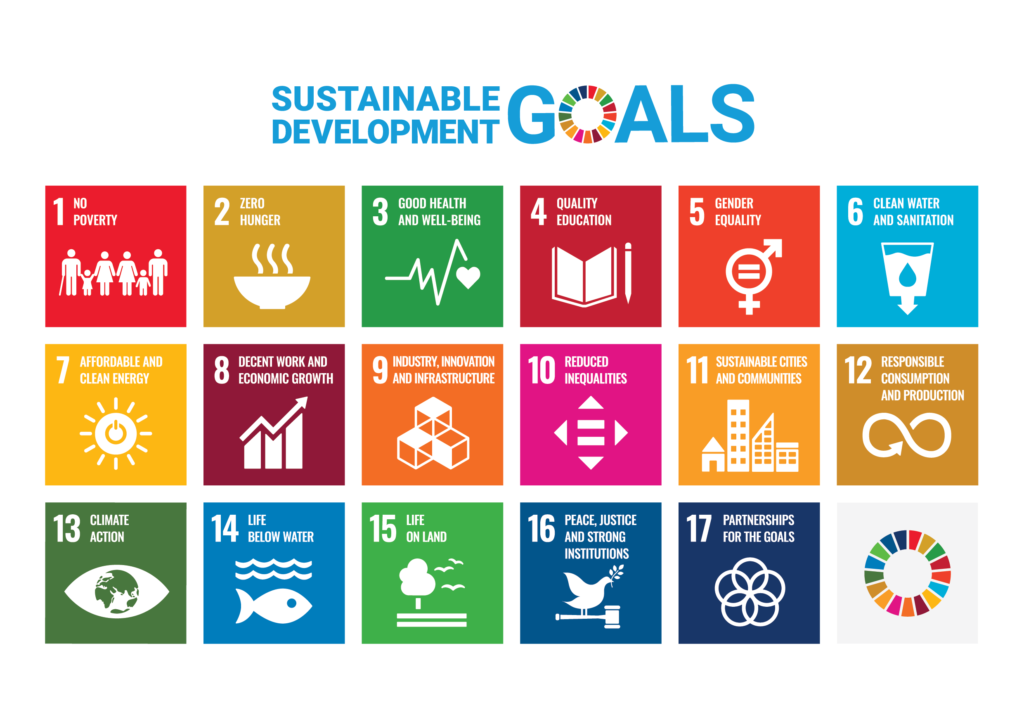Postponed from 2020, the May 2021 Congress has a new virtual set-up and a programme to unite the chemical sciences community in addressing global challenges
The pandemic in 2020 may have delayed the Commonwealth Chemistry Congress by a year, but it has not dampened our enthusiasm. In fact, COVID-19 has deepened our resolve to unite around the urgent challenges that we face as a global society.
Those challenges are strikingly documented in the United Nations Sustainable Development Goals (SDGs). More than words on a page, they are urgent calls-to-action for the whole of humanity. Climate change, poverty, hunger … the world’s biggest issues show no respect for international boundaries or peoples. We must work together to find solutions.
As a collective of over 40 Commonwealth countries, Commonwealth Chemistry (the Federation of Commonwealth Chemical Sciences Societies) is a powerful voice for the chemical sciences community. It was borne out of a shared desire to strengthen scientific capacity, to support early career chemists, and to elevate the role of chemistry to society and policymakers, across the Commonwealth.
Our first major gathering: the Commonwealth Chemistry Congress – Partnership for the Goals, reflects those aims.
Standing shoulder-to-shoulder in addressing global challenges
Originally scheduled for May 2020, the Congress has been transformed into a virtual event in May 2021, with standalone events in March and December 2021 in addition to the core scientific programme in May.
Representatives from chemical societies and early career chemists across the Commonwealth will be joined by high level stakeholders from academia, industry and government. Invited delegates will get the chance to hear inspiring keynote lectures and take part in topical panel discussions as well as informal networking.
The scientific part of the event will include a series of talks and panel discussions that explore how Commonwealth countries can tackle the UN Sustainable Development Goals and the progress we’re making as a community.

‘Chemistry and the Commonwealth’, on Tuesday 18 May, sets the tone of the congress. Expert speakers from across the Commonwealth will take part in two 90-minute sessions that focus on some big questions, including:
- How are the governments addressing the SDGs and how can scientific partnerships help in delivering solutions?
- What contributions can chemistry in the Commonwealth make in tackling climate change?
- What changes might chemistry communities have to make to face the challenges of the 21st century?
- What role can Commonwealth Chemistry play in tackling the SDGs
Then, on Wednesday 19 May, invited delegates will have the chance to hear the latest scientific research from leading practitioners during a series of sessions based around six themes:
- Biodiversity and natural products
- Energy and materials
- Food and agriculture
- Green chemistry and catalysis
- Health and wellbeing
- Water and environmental chemistry
Each three-hour scientific session will include an opportunity for early career chemists to present their research and the chance to network at the end.
Words of wisdom for early career chemists
Reaching a wider audience with their research is a particular challenge for those in the early stages of their career.
There are other challenges too, like accessing funding, collaborating on joint research, getting published, finding a mentor, training and career advancement – all obstacles that early career chemists must overcome to progress.
For this year’s Congress, we have enlisted the help of established practitioners who will share their early career experiences in our live webinar, Career Conversations, on Thursday 20 May and there will be an opportunity to put questions to the panel.
Addressing issues within the chemical sciences profession
The 2021 Congress programme also now features two standalone events – in March and December – to create more opportunities for the community to connect.
To coincide with Commonwealth Day and International Women’s Day on Monday 8 March, we discuss gender parity in our webinar on Inclusion and Diversity in the Chemical Sciences.
Addressing gender inequality is one of the United Nations’ 17 Sustainable Development Goals, and the chemical sciences is not immune to its impacts. For example, the chemical sciences loses more talented women from the profession than any other scientific discipline. Cultural and educational barriers prevent many girls from studying chemistry beyond secondary education. Highlighting these issues is part of Commonwealth Chemistry’s commitment to ensuring equal opportunity for all.
Finally, in Taking Chemistry to Market, established chemical scientists will discuss the challenges of turning chemistry research into real-world applications, and how they overcame these in their own work.
The Commonwealth Chemistry Congress represents an important first step in bringing together members of the Commonwealth nations; not only to share knowledge and stimulate discussion but, crucially, to provoke action.
